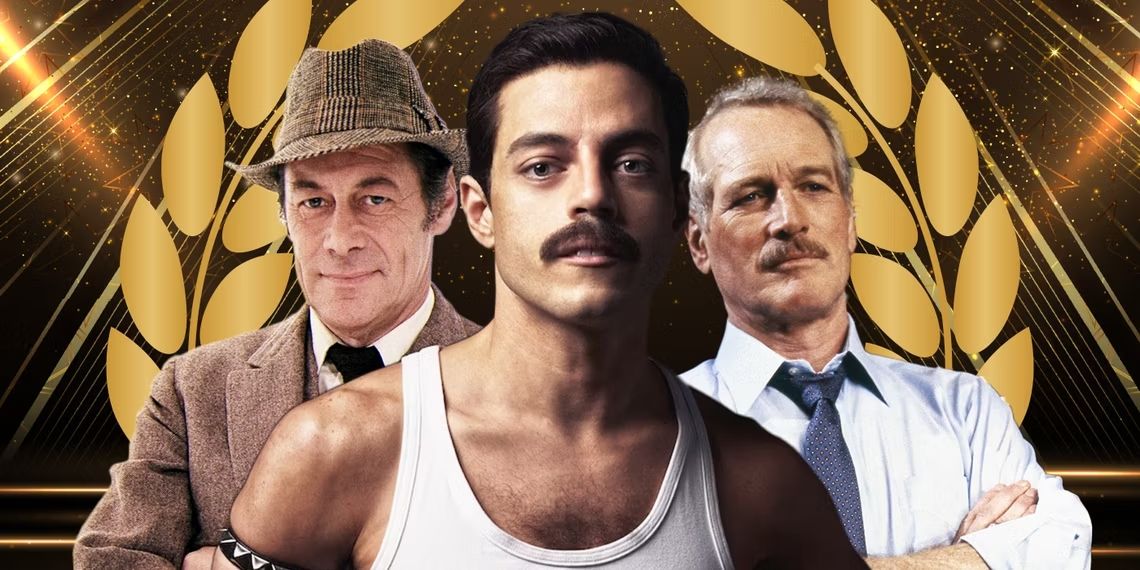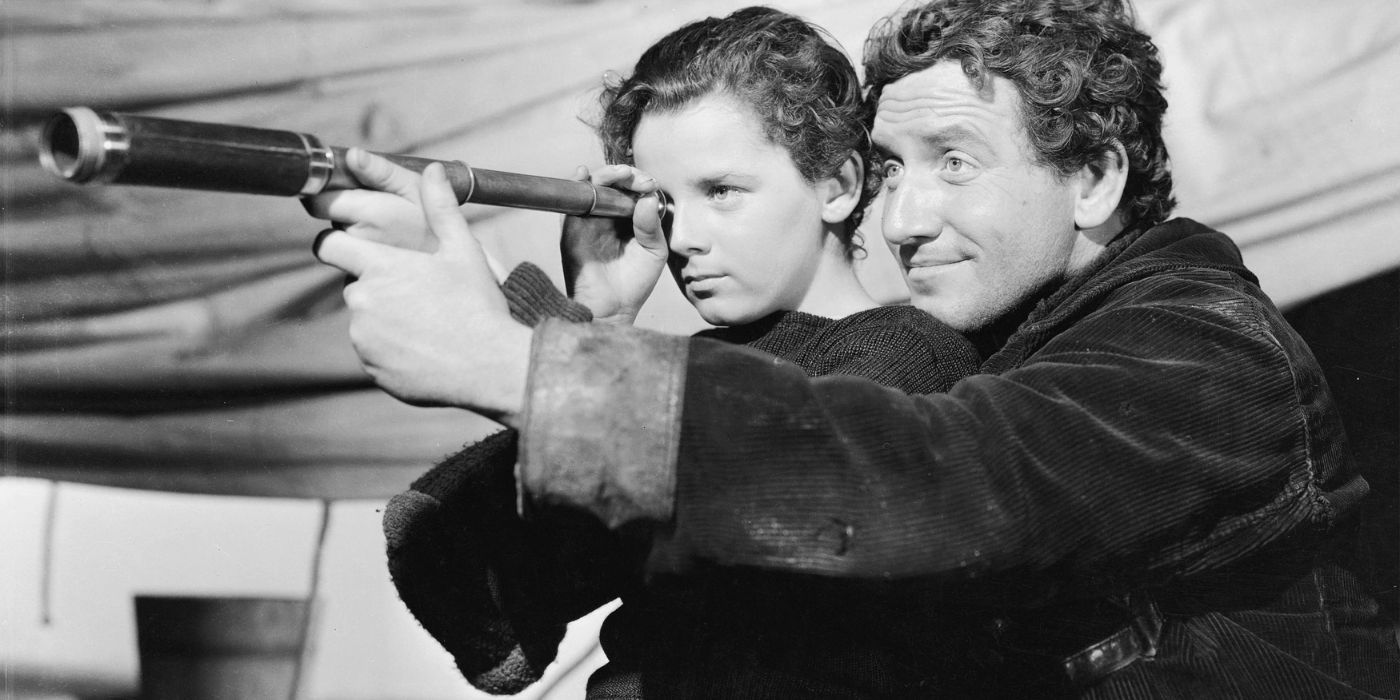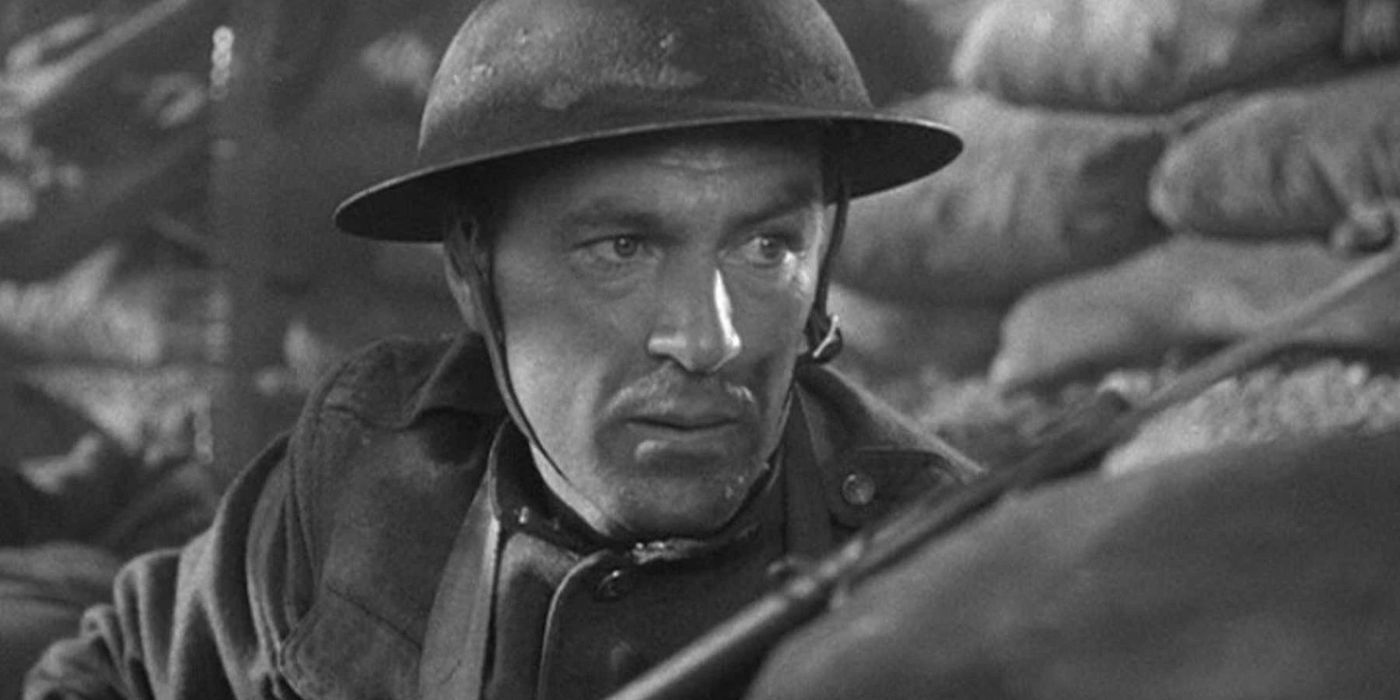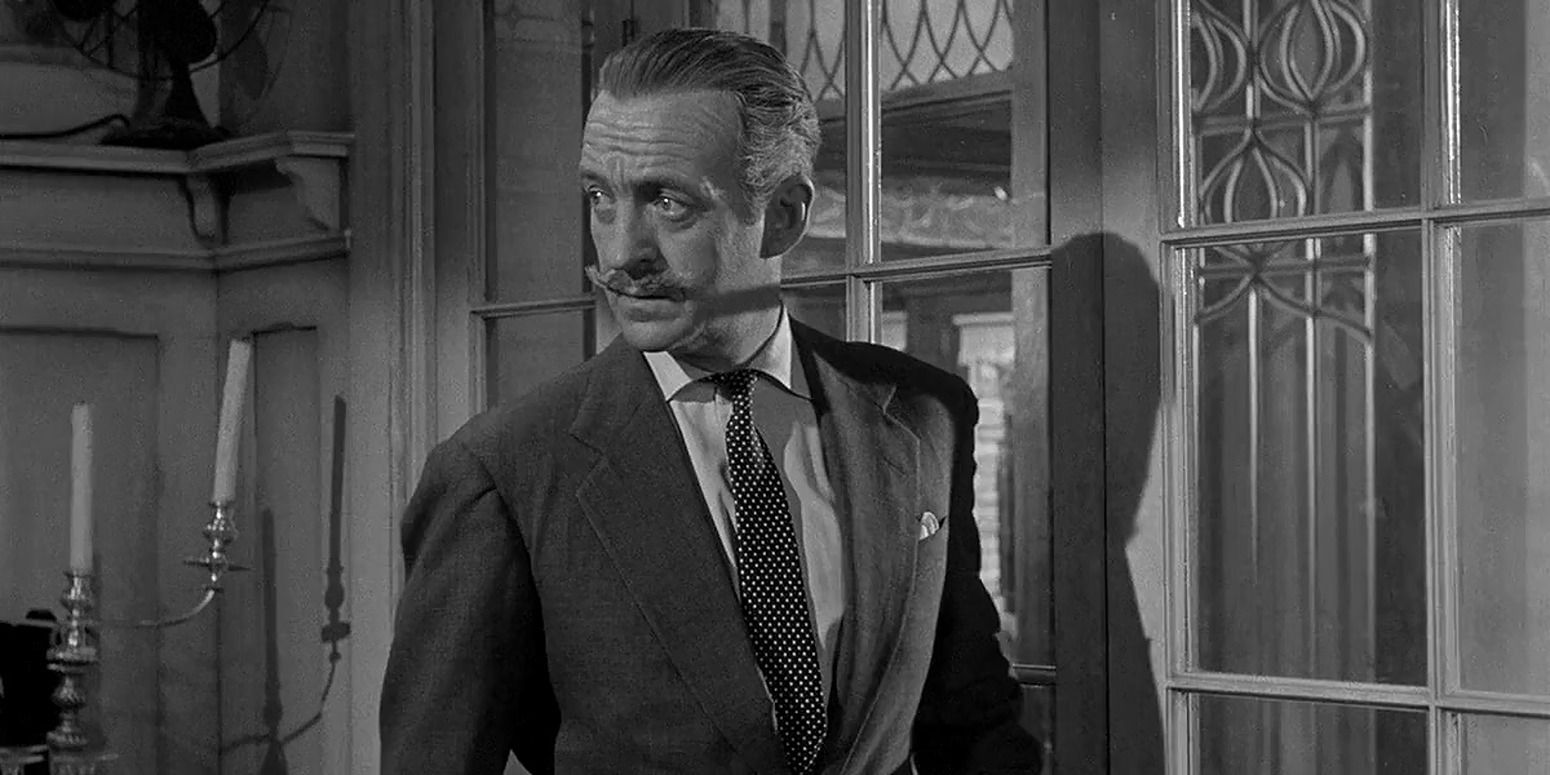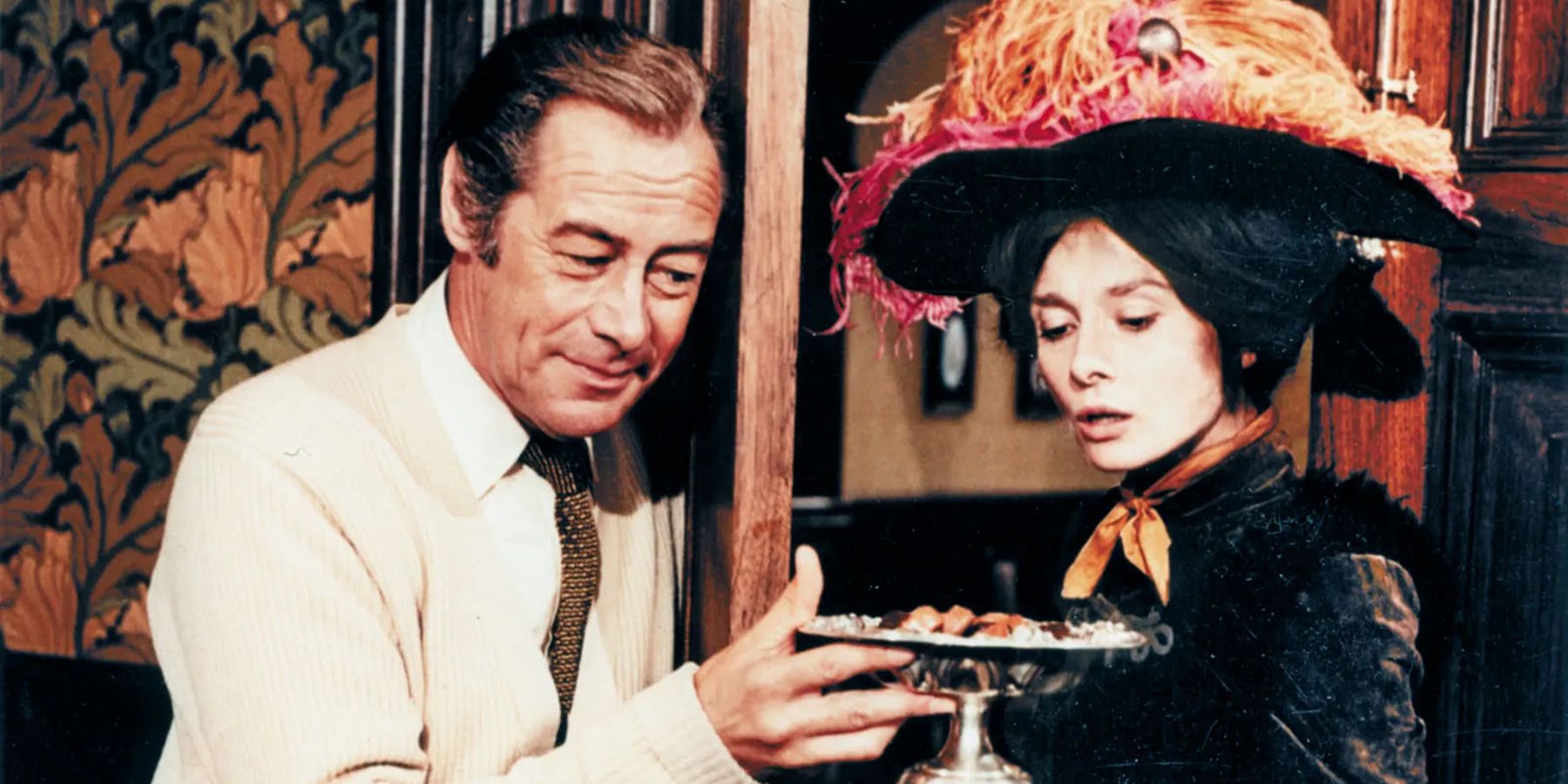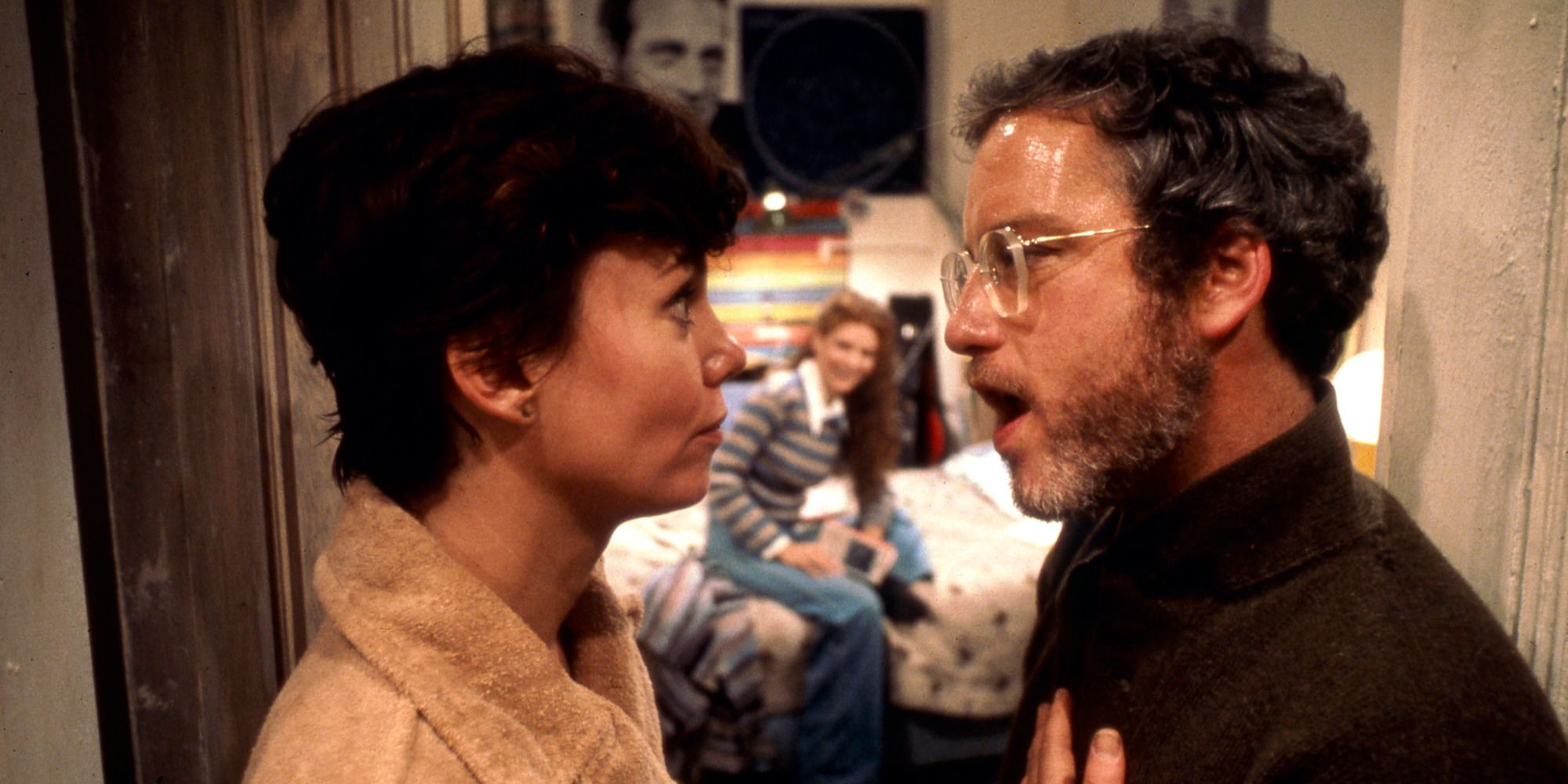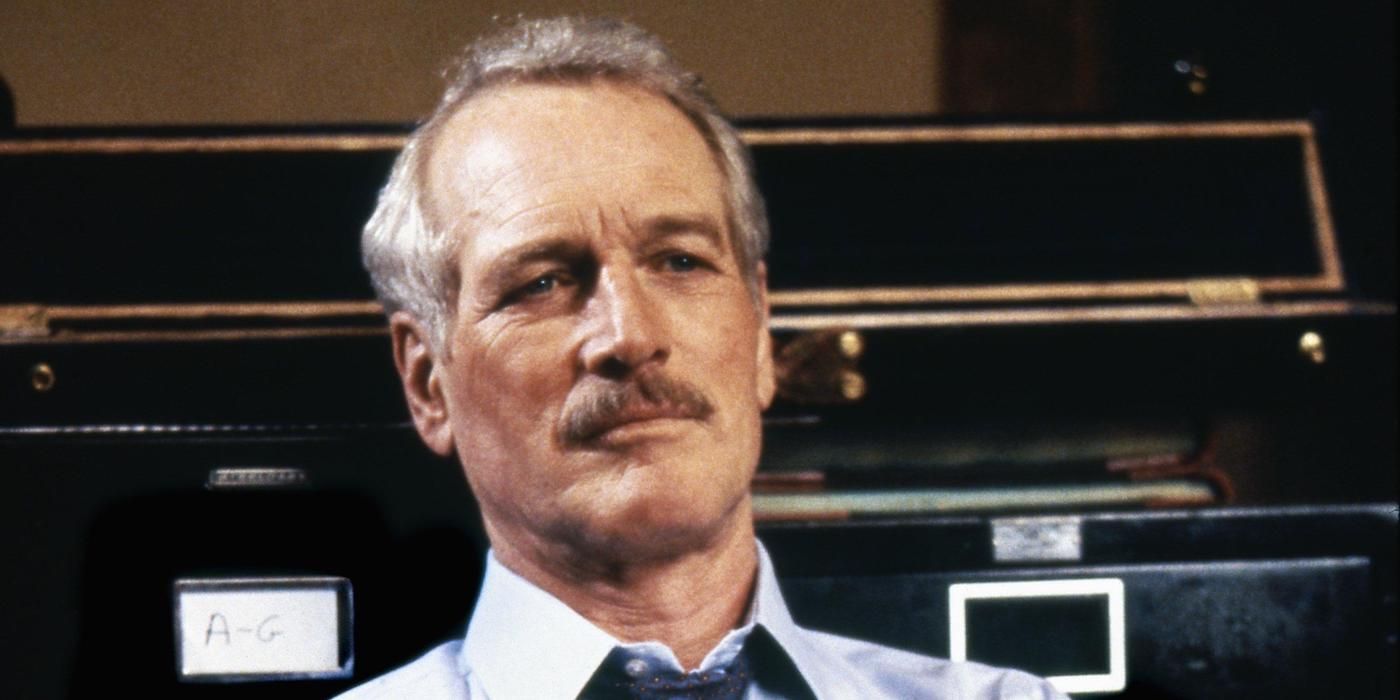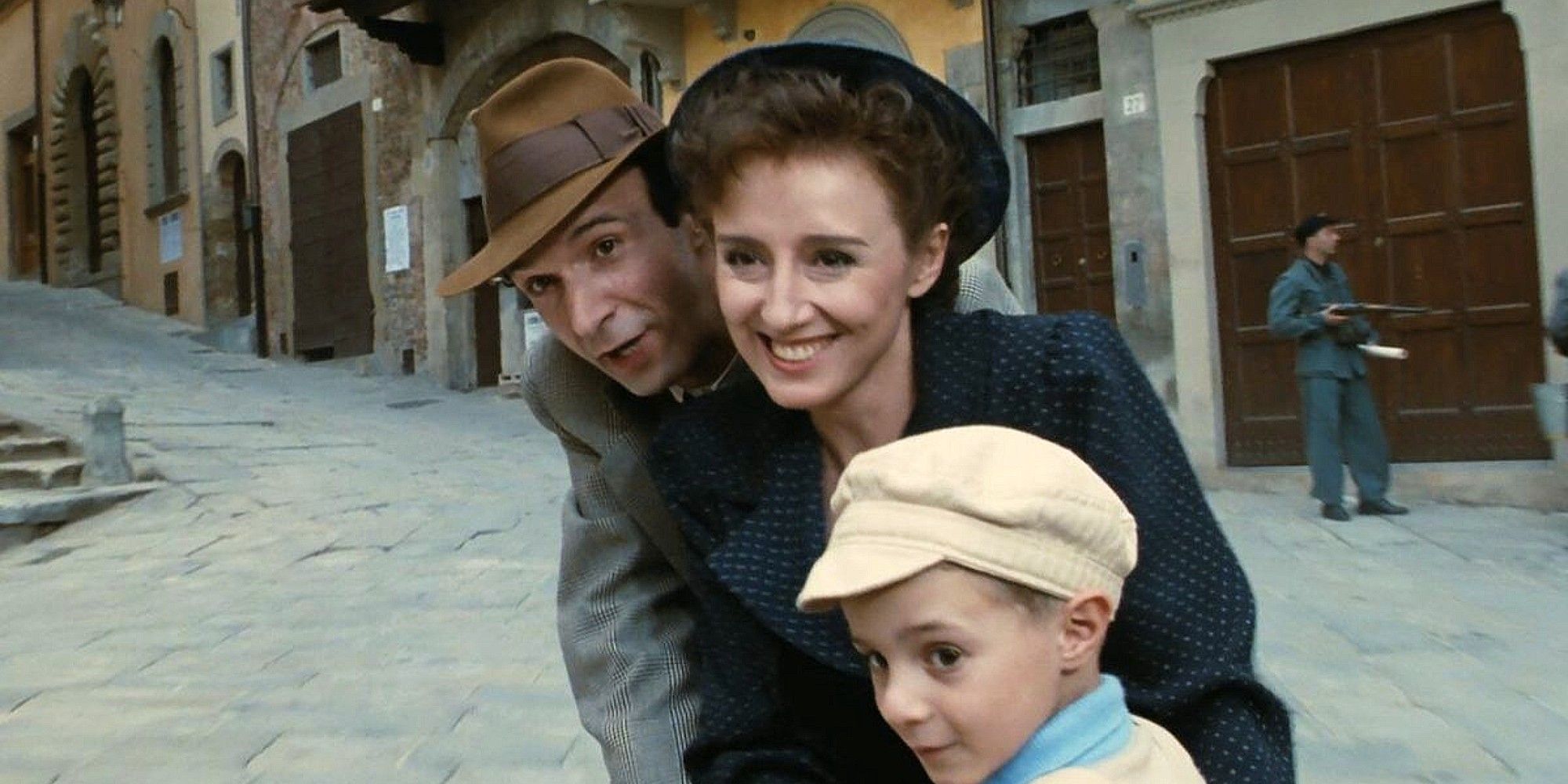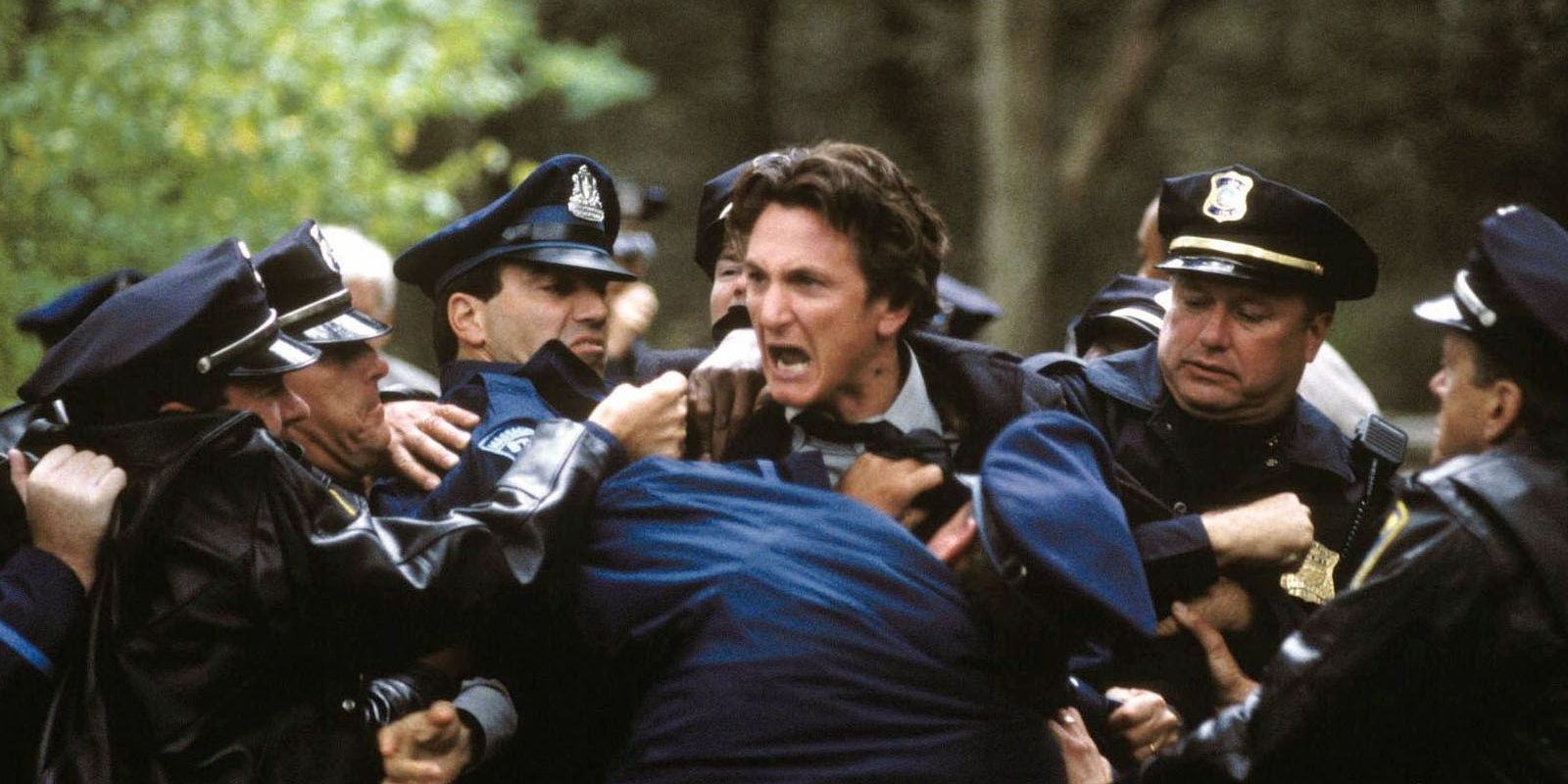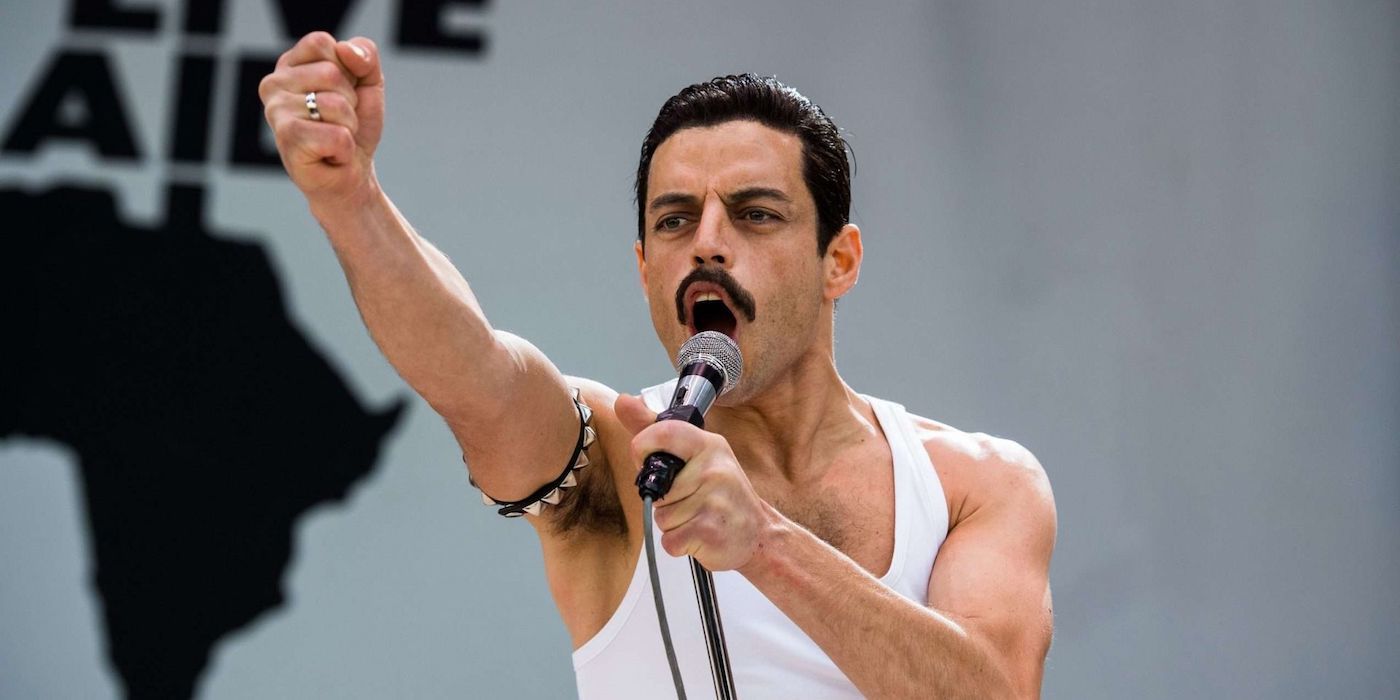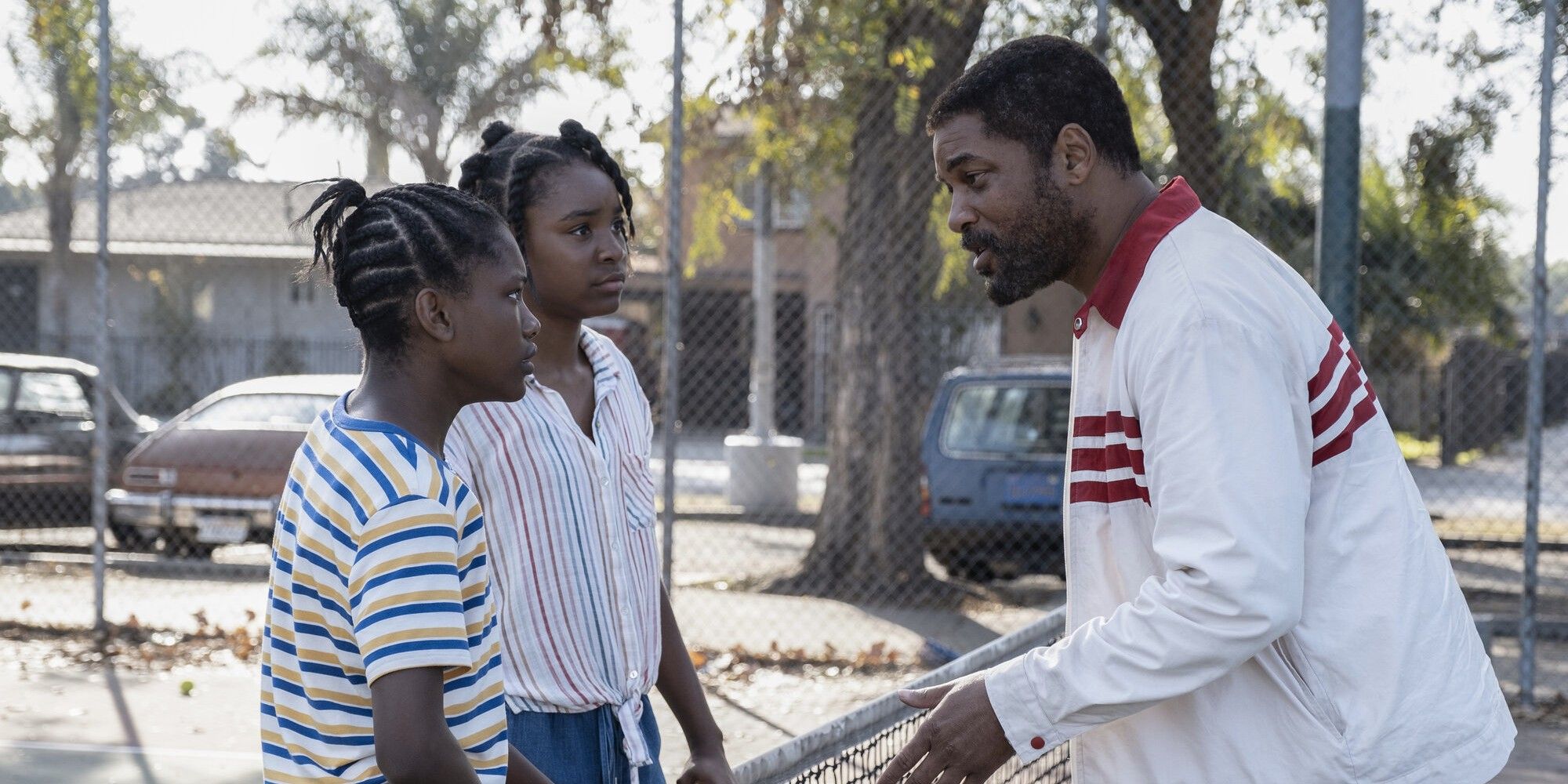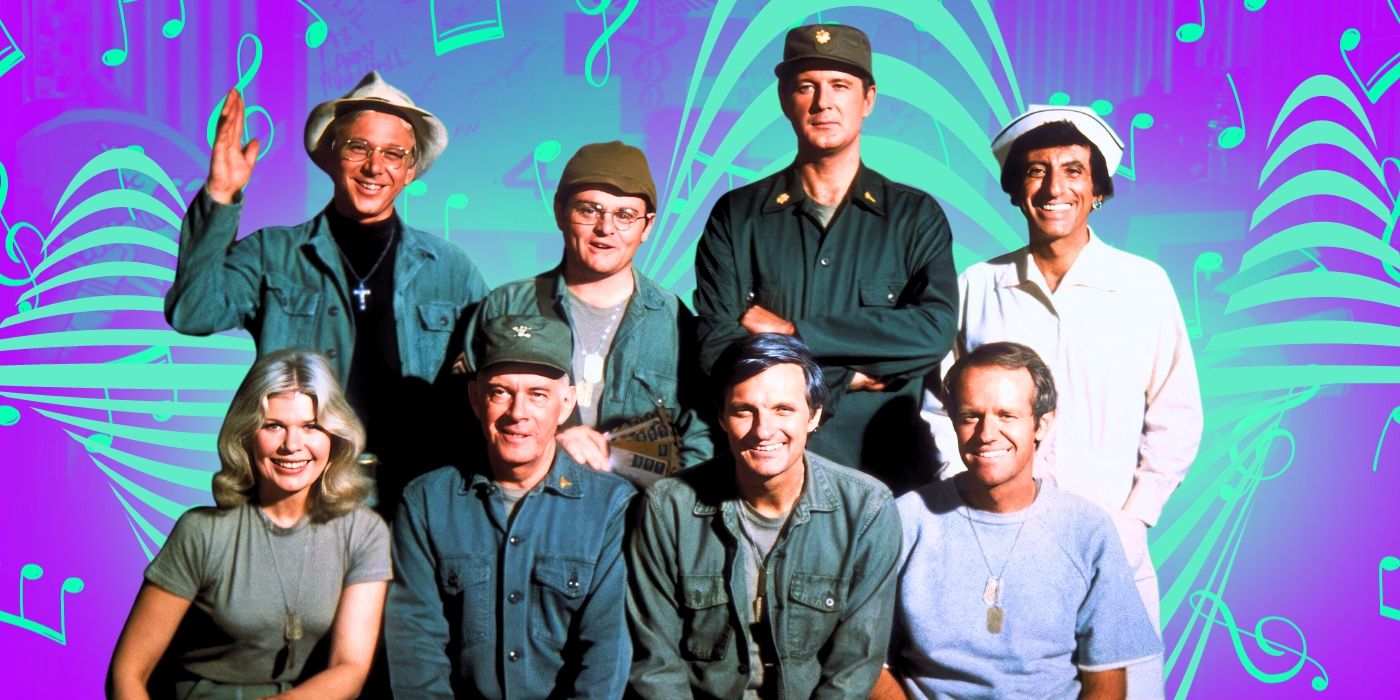Since the late 1920s, the Academy Awards have been honoring the best that cinema has to offer in any particular year. One of the most noteworthy awards of the ceremony is Best Actor, for the lead male thespian who best proves that acting is a noble profession, a transcendental calling for those capable of transforming themselves into a character and instilling a wide variety of emotions in audiences.
Over the course of the Oscars’ history, there hasn’t been any downright bad performance by a Best Actor winner. However, there have certainly been a few that have been unremarkable at best. Particularly when compared to the other winners of the category from that same decade, performances like Rex Harrison from My Fair Lady and Rami Malek from Bohemian Rhapsody haven’t aged all that well.
1 1920s: Warner Baxter
‘In Old Arizona’ (1928)
Advertising itself as the first all-talking Western, In Old Arizona is about a charming bandit who plays cat-and-mouse with the sheriff, trying to catch him, all while romancing a local beauty. Despite its historical significance, this is one of those Oscar-winning movies that haven’t aged super well.
Warner Baxter created the genre staple of the singing cowboy in a charming but hilariously cartoonish and campy performance (not in a good way) as a Mexican outlaw. Alas, it’s not a particularly strong performance made to look even weaker in front of that decade’s only other Best Actor winner: Emil Jannings for his tour-de-force performances on both The Last Command and The Way of All Flesh. In all fairness to Baxter, he isn’t awful by any means. However, he’s also not noteworthy, which might be somewhat worse.
Rent on Amazon
2 1930s: Spencer Tracy
‘Captains Courageous’ (1937)
Captains Courageous is a classic adventure at sea, where a spoiled brat who falls overboard from a steamship is picked up by a fishing boat, where he has to join the crew and work to earn his spot aboard the vessel. Directed by the same Victor Fleming behind iconic classics like Gone With the Wind and The Wizard of Oz, it’s a film that’s definitely worthy of the fame of its director, who helped define Hollywood’s Golden Age.
While Spencer Tracy was one of the most popular and talented performers of classic Hollywood, it’s unfortunate that both his Oscar wins are remembered as two of the weakest of the ’30s. While Boys Town isn’t his best work, it’s his performance in Captains Courageous that stands out the least. Tracy’s poor attempt at what seems to be a Portuguese accent distracts from his performance, but it’s not like it has much complexity to offer in the first place. Captains Courageous is safe and well-meaning, but it doesn’t amount to much more, and the same can be said of Tracy’s pleasantly forgettable performance.
Watch on Tubi
3 1940s: Gary Cooper
‘Sergeant York’ (1941)
Like Spencer Tracy, Gary Cooper was an incredibly gifted actor who had the misfortune of winning his first Oscar for a performance that didn’t deserve it. His came for Sergeant York, an über-patriotic American war propaganda film about real Tennessee farmer-turned-sergeant Alvin York, as he struggles with his pacifist inclinations before becoming one of the most celebrated heroes of World War I.
Despite wearing its propagandistic intentions out on its sleeve, Sergeant York is a pretty solid film, according to some, with a great lead performance. Cooper embodies his character well, but York is such a simplistic character and so very evidently a product of its time that the actor couldn’t really do much with it. Cooper’s work pales compared to his competition, especially Orson Welles, who was also nominated in 1942 for his incredible performance in Citizen Kane.
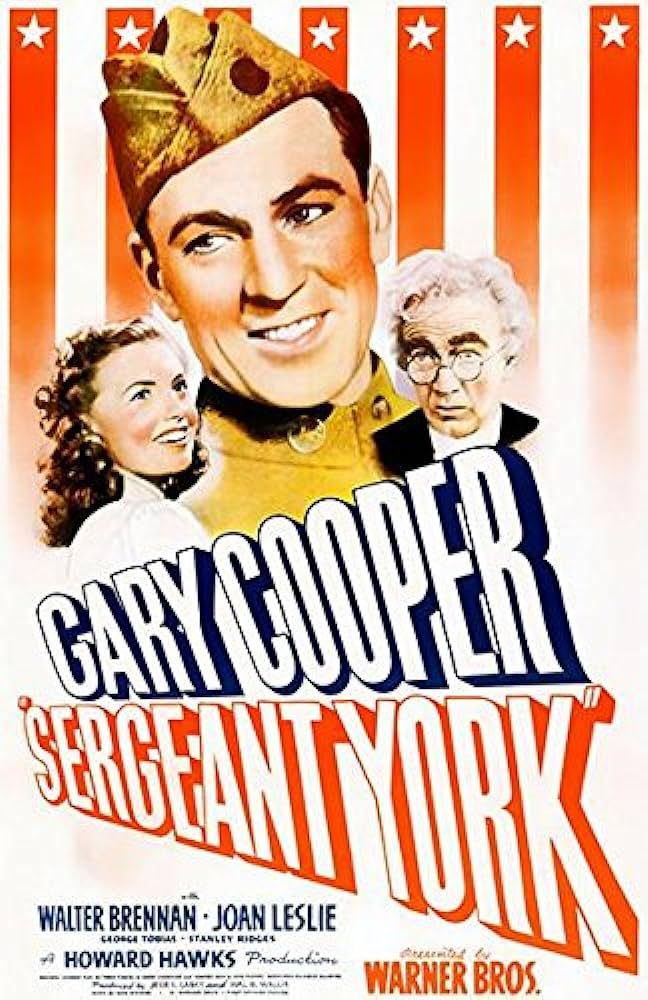
Sergeant York
- Release Date
- July 2, 1941
- Director
- Howard Hawks
- Cast
- Gary Cooper , Walter Brennan , Joan Leslie
- Runtime
- 134
Watch on Tubi
4 1950s: David Niven
‘Separate Tables’ (1958)
In the romantic drama Separate Tables, the stories of several people are told as they stay at a seaside hotel during the off-season. In such large ensemble films, it’s often a problem trying to pinpoint who exactly can be considered a lead. David Niven had little enough screen time to be labeled as a supporting actor, but even then, he won the Best Actor Oscar in 1958.
For a long time, Niven’s win has been remembered as one of the most disappointing in the Oscars’ history, and not only because he beat performances like Paul Newman‘s in Cat on a Hot Tin Roof. He was very clearly a supporting presence in the film, signifying an early case of category fraud, proving this particularly shameful tendency has been around since the Academy’s glory days. His win in the wrong category only blemished what’s otherwise some really outstanding work on a pretty good movie.
Watch on Tubi
5 1960s: Rex Harrison
‘My Fair Lady’ (1964)
My Fair Lady is easily one of the most iconic musicals of all time, a modern-day interpretation of the Greek myth of Pygmalion based on the stage musical of the same name. In it, a snobbish professor in 1910s London agrees to a bet that he can make a crude flower girl presentable in high society. It’s a controversial subject that has become the film’s most criticized aspect as the years have passed, even if it’s still considered an exquisite movie.
Rex Harrison plays Professor Henry Higgins, a cynical and misogynistic man who doesn’t really know any better. Harrison is charming and commanding, but his performance is not Best Actor-worthy. His singing—if it can even be called that since he speaks his lyrics more often than he intones them—is underwhelming, and Audrey Hepburn constantly acts circles around him. The ’60s had a few other forgettable winners, such as Cliff Robertson in Charly, but My Fair Lady‘s negative connotations and Harrison’s competition, especially Peter Sellers in Dr. Strangelove, taints his win even more.
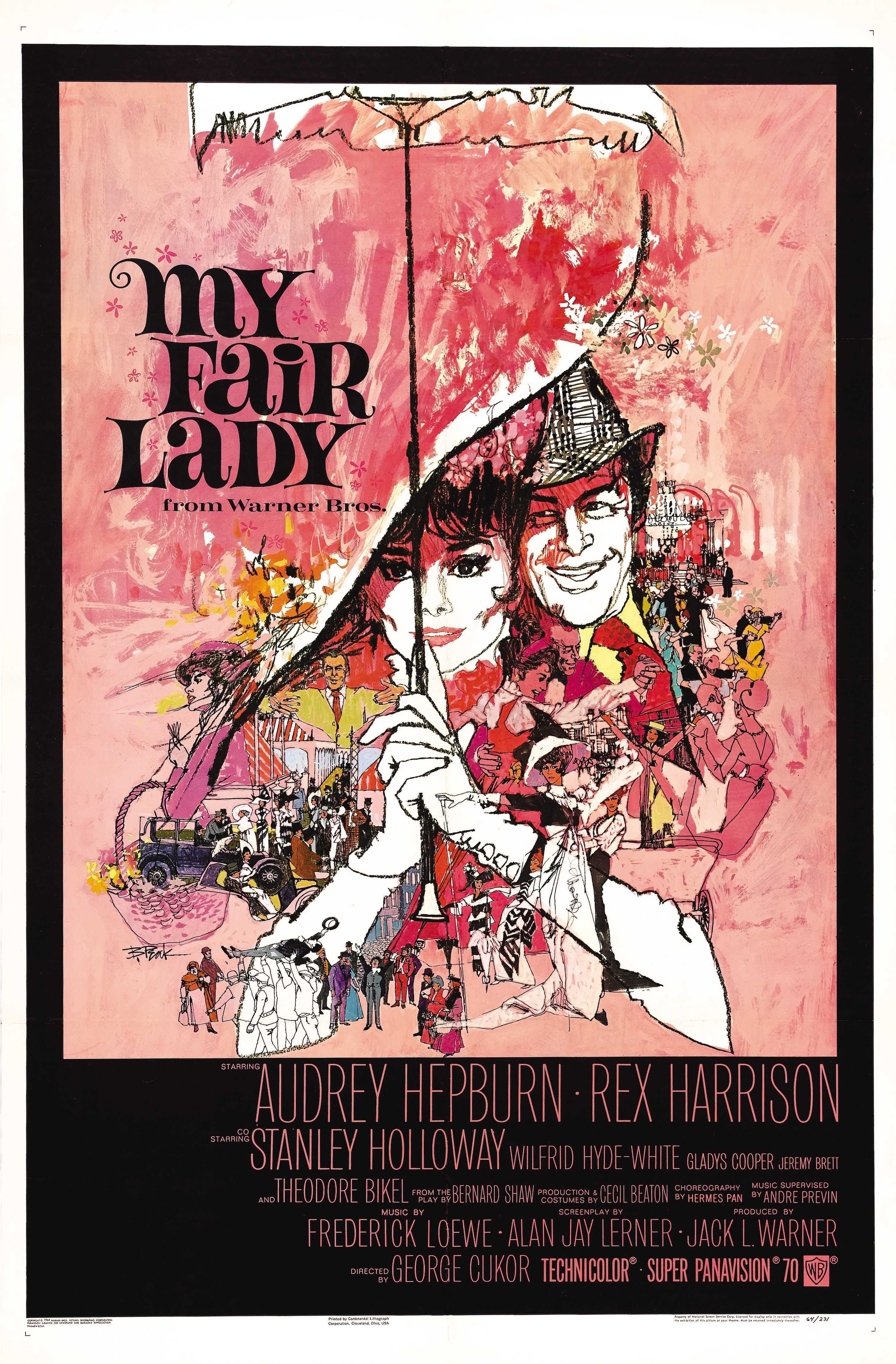
My Fair Lady
- Release Date
- October 21, 1964
- Director
- George Cukor
- Cast
- Audrey Hepburn , Rex Harrison , Stanley Holloway , Wilfrid Hyde-White , Gladys Cooper , Jeremy Brett
- Runtime
- 170
Watch on Paramount+
6 1970s: Richard Dreyfuss
‘The Goodbye Girl’ (1977)
One would be forgiven for forgetting that Richard Dreyfuss has an Oscar under his belt. Perhaps it’s because he won it for one of the most forgettable Best Actor-winning performances, as the struggling off-Broadway actor that an unemployed dancer and her daughter reluctantly have to move in with after her boyfriend dumps her in The Goodbye Girl.
The cast is as fantastic as the cast of a very typical rom-com can be. Marsha Mason is endearing, Quinn Cummings became one of the youngest Oscar nominees ever, and Dreyfuss is witty, energetic, and really fun to watch. However, in the grand scheme of the magnificent performances that won Best Actor in the ’70s, like Marlon Brando for The Godfather and Jack Nicholson for One Flew Over the Cuckoo’s Nest, an above-average rom-com leading man performance like Dreyfuss’s just doesn’t cut it.
Watch on Tubi
7 1980s: Paul Newman
‘The Color of Money’ (1986)
By the time the 1980s came around, Paul Newman was long overdue for an Academy Award win. It came in the form of a Best Actor victory for Martin Scorsese‘s highly underrated gemThe Color of Money, a sports drama where Newman reprised his role as pool hustler Fast Eddie Felson from the 1960s’ The Hustler. Here, Felson teaches a cocky protégé the ropes of pool hustling, making an unexpected comeback in the process.
Newman was always an utter delight in whatever role he played, and this was no different. He slipped into the shoes of Fast Eddie Felson effortlessly, delivering a fantastic performance opposite Tom Cruise. While it’ll always be a relief that Newman won an Oscar before his career ended, though, it just wasn’t for the right role and felt more like a legacy win than anything else. It’s a great piece of work, but not a truly exceptional one, and definitely not among the best of the ’80s.
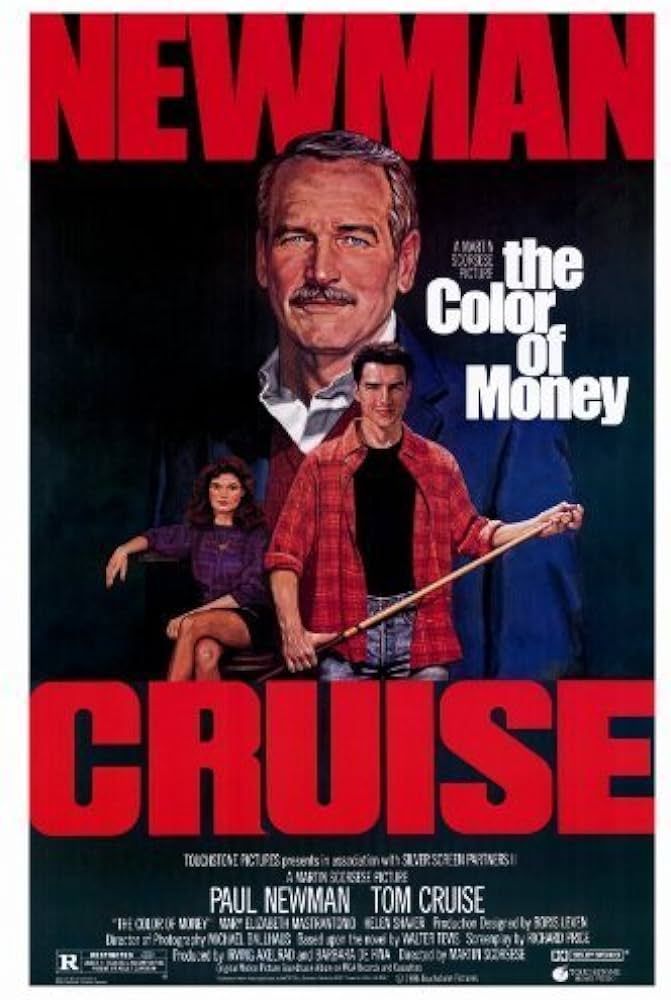
The Color of Money
- Release Date
- October 7, 1986
- Runtime
- 119
Rent on Amazon
8 1990s: Roberto Benigni
‘Life is Beautiful’ (1997)
Life Is Beautiful is a period dramedy where a loving Jewish father and his son become victims of the Holocaust. At the concentration camp, he uses a mixture of humor and imagination to make his son think that it’s all an elaborate game. It’s one of the most highly divisive movies of the ’90s, with some finding its playful depiction of the Holocaust abhorrent and others thinking that its celebration of that kind of childhood innocence and wonder is precisely the point.
No matter what anyone thinks of the movie, something can’t be denied: Roberto Benigni, who directed, wrote, and starred in the film, made Oscar history with his extremely enthusiastic acceptance speeches for Best Foreign Film and Best Actor. The latter, however, is a victory that hasn’t aged well at all. Benigni is funny and charming in the role, but that’s about it. Everybody else in the category that year offered a more complex and satisfying performance, especially the mighty Ian McKellen in Bill Condon‘s Gods and Monsters. Moreover, every other winner in the ’90s felt more deserving of their victory than Benigni.
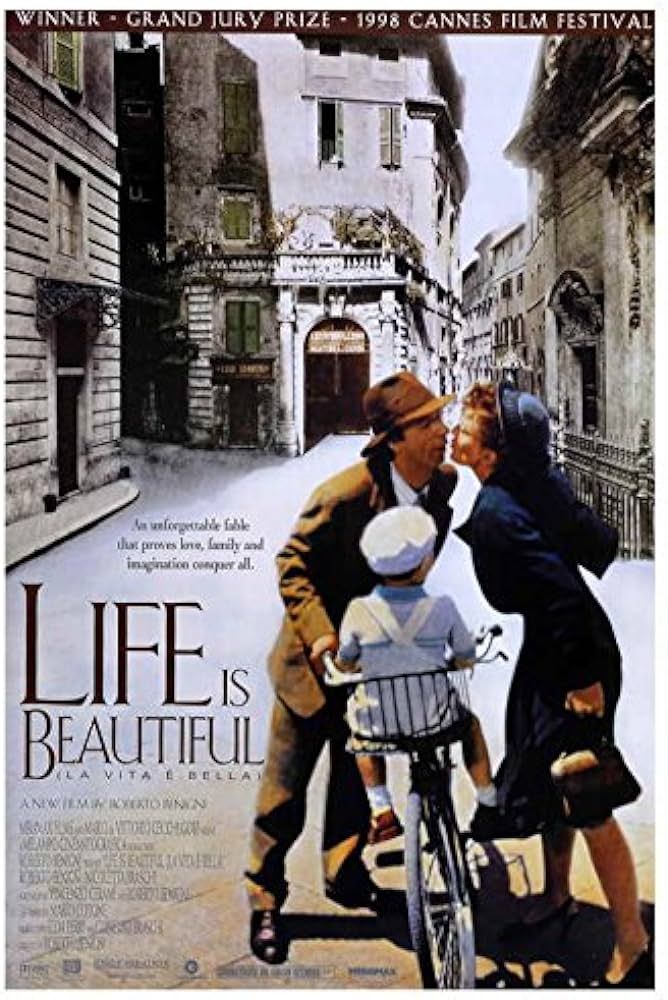
Life Is Beautiful
- Release Date
- December 20, 1997
- Cast
- Roberto Benigni , Nicoletta Braschi , Giorgio Cantarini , Giustino Durano , Sergio Bini Bustric , Marisa Paredes
- Runtime
- 116
Rent on Amazon
9 2000s: Sean Penn
‘Mystic River’ (2003)
Throughout his career as a director, Clint Eastwood has had just as many hits as he’s had misses. While far from his best work, Mystic River is one of his most acclaimed outings behind the camera, with some praising it as one of the greatest murder mysteries ever. The plot follows Jimmy (Sean Penn), whose daughter is mysteriously killed, reuniting him with childhood friends Sean (Kevin Bacon), the cop assigned to the case, and Dave (Tim Robbins), who Jimmy suspects is behind the murder.
While it has an enveloping atmosphere of suspense and mystery, Mystic River is affected by an overly melodramatic tone that borders on soap opera storytelling. As a result, Sean Penn’s lead performance suffers and comes across as cartoonishly over-the-top, especially in his most intense scenes. It’s still a great portrayal full of gut-wrenching emotion, but its lack of nuance doesn’t let it beat other lower-tier winners of this decade, like Russell Crowe for Gladiator.
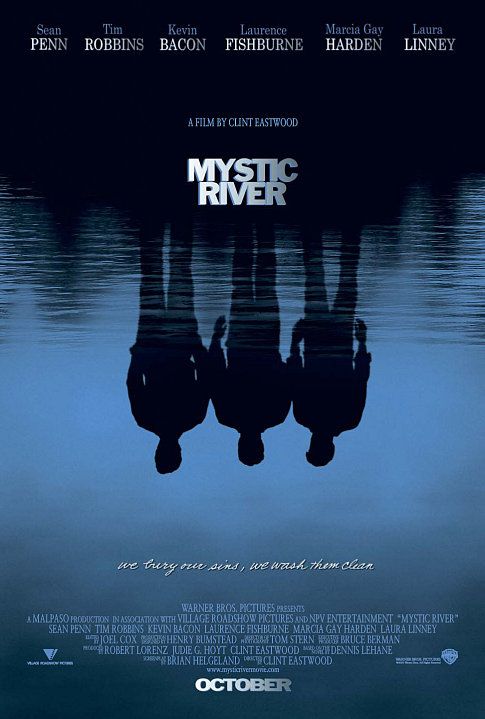
Mystic River
- Release Date
- January 1, 2003
- Runtime
- 138
Rent on Amazon
10 2010s: Rami Malek
‘Bohemian Rhapsody’ (2018)
For the 2010s, there really isn’t much of a question: Best Actor Oscar wins hardly get much more underwhelming than Rami Malek’s for Bohemian Rhapsody. The film tells a watered-down, highly commercialized version of the story of the legendary British rock band Queen, focusing on their lead singer, Freddie Mercury. It’s a film with many strengths, such as the monumentally crafted recreation of the band’s iconic 1985 Live Aid performance, but all in all, it’s an Oscar winner that hasn’t aged particularly well.
There’s nothing flat-out wrong with Malek’s performance. He brings lots of heart and emotion to the role, working around the limitations of the script well enough. However, more often than not, it feels like he’s doing nothing more than a semi-decent Freddie Mercury impression with a diluted personality. He focused so much on being believable as Freddie that he forgot to deliver a fresh, exciting, or layered performance. The characterization did him no favors, as the prosthetic teeth and less-than-believable mustache make him look like he’s wearing a poor Halloween costume.
Watch on Tubi
11 2020s: Will Smith
‘King Richard’ (2021)
Thankfully, the 2020s have had three (very likely soon to be four) outstanding Best Actor winners. However, comparing him to Anthony Hopkins‘s harrowing turn in The Father and Brendan Fraser‘s devastating work on The Whale, Will Smith in King Richard is easily the weakest link. In this biopic, Richard Williams serves as the coach of his daughters Venus and Serena, who will become two of the biggest icons in tennis’s history.
Smith is terrific as Williams, perfectly embodying his irresistible charm and domineering personality. However, while Hopkins’s and Fraser’s performances are definitely all-timers, Smith only settles for being perfectly above average. His line delivery sometimes feels over-the-top, and he occasionally starts leaning more toward heavy-handed impersonation territory than compelling evocation. Even outside of the infamous slap fiasco at the Oscars ceremony, this will likely not be remembered as the actor’s best work in the future.

King Richard
- Runtime
- 138
- Release Date
- November 18, 2021
Watch on Max

